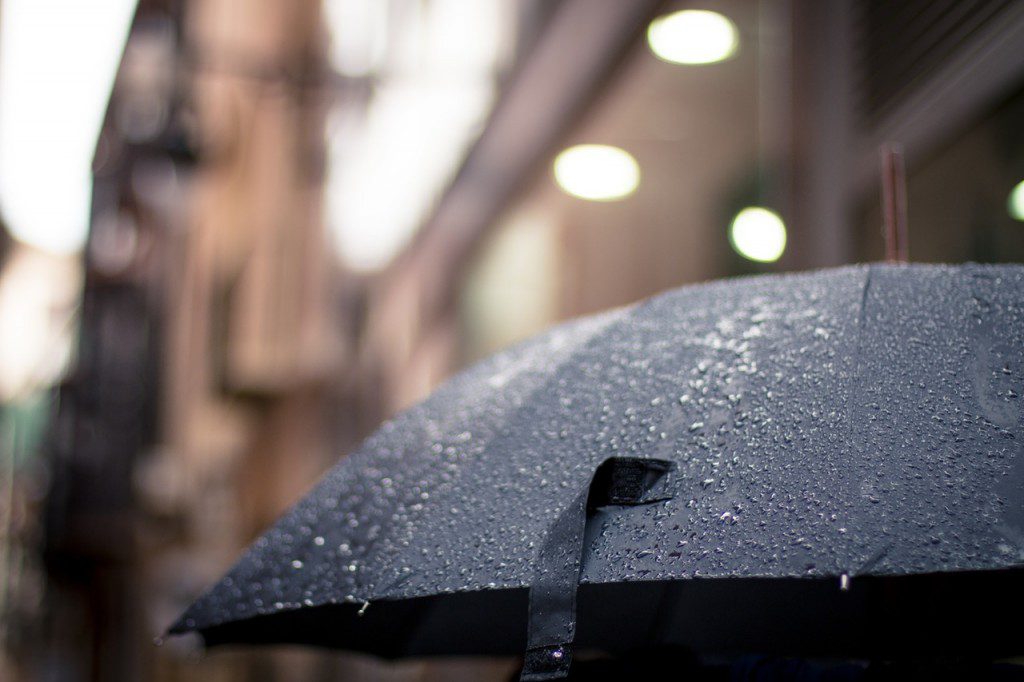


The Risks of Being Underinsured
Most of us wouldn’t think twice about protecting our home, car, TV or smart phone – we even insure our holidays and pets. But there’s one aspect of protection that too few of us consider – what happens to our homes and our livelihoods in the event we have an accident, serious illness or die?
What’s your greatest financial asset?
What would you say if you were asked what’s your greatest asset? Your home? After all, it is one of the biggest financial commitments we undertake. Think again. If you calculate how much income you’ll receive between now and retirement, the reality is that your income is your greatest asset. So have you protected it in the same way you’ve protected your home?
New research suggests in most cases the answer is no, with 64% of households surveyed having no income protection in place. And this is despite nearly half of co-habiting couples in the UK claiming they are reliant on both salaries just to make ends meet. In fact, 34% admitted they would have to make substantial changes to their lifestyle if one partner was unable to work:
59% would have to cancel holiday plans
21% would cancel gym memberships
10% would ask family for additional help with childcare
13% would have to make a drastic change such as downsizing their house
More shockingly around 12% would have to visit food banks just to keep food on the table.
Protecting your income
Every year almost a million people find themselves unable to work due to an accident or illness. Taking out income protection provides you with a tax-free income if you’re sick or injured and unable to work. It could help you pay your mortgage/rent, utilities bills or even any medical bills you may incur.
Protecting against the unexpected
While losing your income could put you and your family in a difficult situation, what if you or your partner were diagnosed with a critical illness? The last thing you’d want to worry about would be your finances, especiallyas a study by Macmillan Cancer Support shows that the average family of someone receiving treatment for cancer has a monthly shortfall of £200 – even if they slash their spending to the essentials.
80% of us consider broadband to be essential, but less than 39% think that financial security for dependants in the event of a critical illness is. Critical illness cover or life insurance may not sound like priorities for you, but the financial buffer they can provide at such a difficult time could be invaluable. There are a number of affordable protection products that give you financial peace of mind in the event of accident, injury, or worse.
Talk to us about protection insurance tailored for your circumstances.




